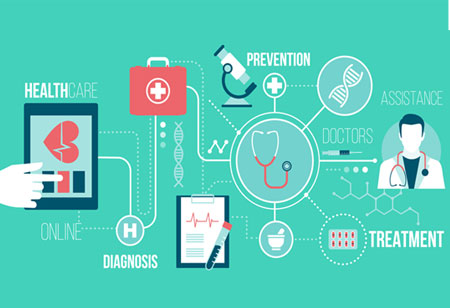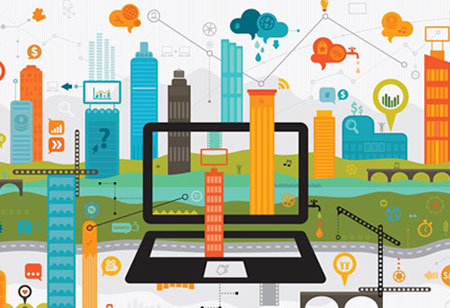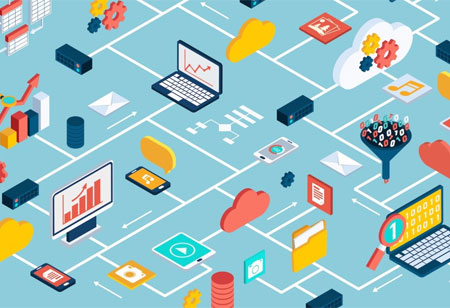THANK YOU FOR SUBSCRIBING
The Impact of AI in Healthcare
Of late, healthcare practitioners and providers have taken the cue from their counterparts in internet domain when it comes to leveraging technology for better outcomes.

By
Apac CIOOutlook | Thursday, January 01, 1970
Stay ahead of the industry with exclusive feature stories on the top companies, expert insights and the latest news delivered straight to your inbox. Subscribe today.
Of late, healthcare practitioners and providers have taken the cue from their counterparts in internet domain when it comes to leveraging technology for better outcomes. While Artificial Intelligence (AI) plays a critical role in a gamut of activities that range from suggesting a purchase to website links that fulfill the search criteria, AI is helping healthcare practitioners, providers and payors to explore means to embrace value-based healthcare as mandated by regulations. Though AI-driven solutions are still in their nascent stage, their impact is evident.
Using AI-driven healthcare solution, healthcare practitioners can quickly formulate a course of care based on electronic medical records (EMR). While mere digits and text morph into a medicare assistant, they also help the practitioners to diagnose the diseases that have been unheard of. As physicians are provided data and analysis in real-time, they can expedite care delivery with accuracy.
Though healthcare arena is a bit behind the technological adoption, physicians and providers have taken cognizance of AI's power in reshaping their decisions. Numerous medical organizations have been leveraging the power of AI to reduce healthcare cost and improve healthcare delivery. They are also exploring ways to harness the power of IBM-Watson for building AI-based medical applications that can fetch health and prescription data and subsequently prescribe medicines. Additionally, these AI-based tools can help the rural practitioners to deliver better medical advice though devoid of few essential technological tools. Healthcare witnessed the transition from personalized to institutionalized, and then again to personalized care. And undoubtedly, the current transition can be facilitated by AI.





